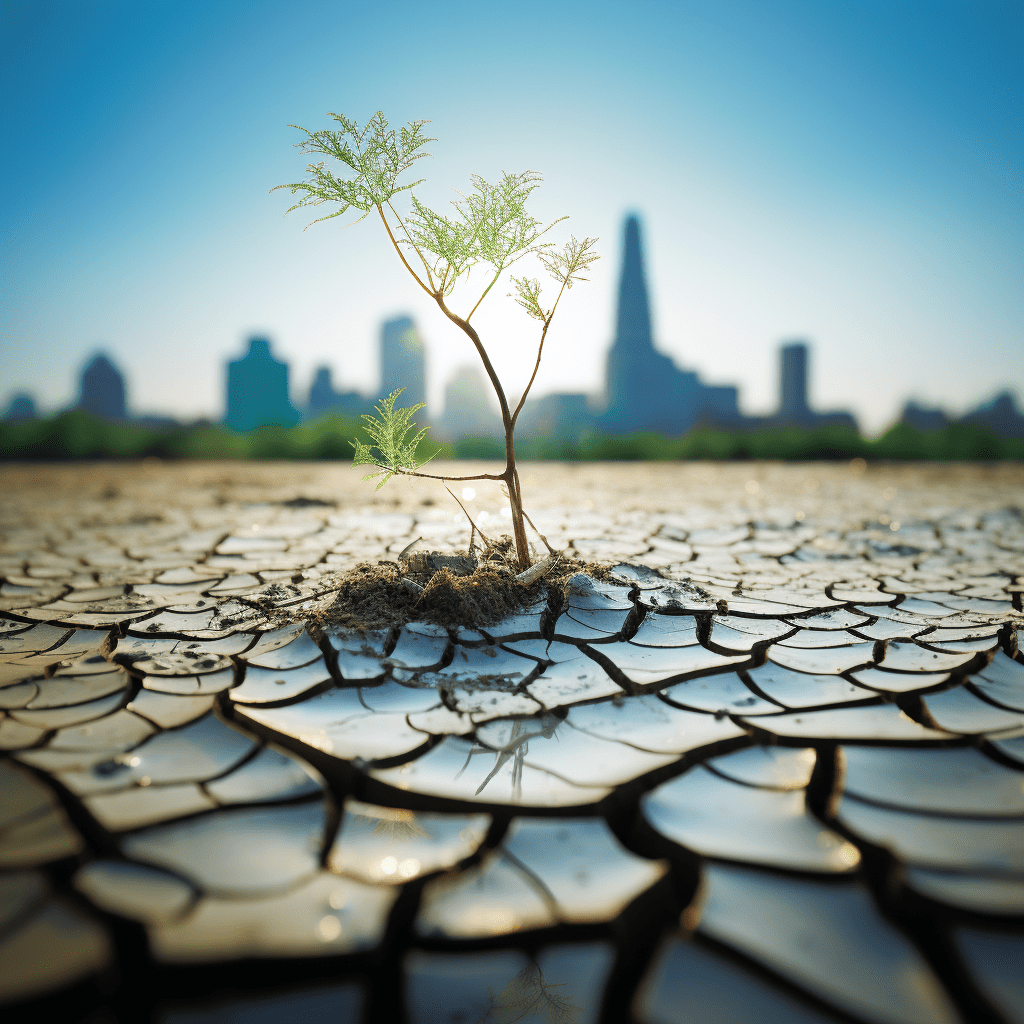Water scarcity is a pressing issue faced by many regions around the world, particularly in arid areas such as the Gulf region. With its rapidly growing population, increasing urbanization, and limited freshwater resources, the Gulf countries have been forced to adopt innovative water management solutions to address the pressing need for water conservation. In this investigative article, we will explore various strategies being implemented in the Gulf region to conserve water, including rainwater harvesting, wastewater recycling, and water-efficient technologies.
Rainwater Harvesting: Tapping Nature’s Bounty
One of the key strategies employed in the Gulf region to conserve water is rainwater harvesting. With limited rainfall in the region, capturing and storing rainwater becomes crucial. Many cities in the Gulf, such as Dubai and Abu Dhabi, have implemented comprehensive rainwater harvesting systems. These systems involve the collection and storage of rainwater from rooftops, parking lots, and other surfaces, which is then used for non-potable purposes like irrigation, landscaping, and toilet flushing.
The UAE’s Sustainable City project is a notable example of rainwater harvesting. This innovative development features an extensive network of underground storage tanks that collect rainwater, enabling the community to meet a significant portion of its water needs sustainably. By reducing reliance on desalinated water for non-drinking purposes, rainwater harvesting initiatives alleviate pressure on freshwater sources and contribute to water conservation in the Gulf region.
Wastewater Recycling: From Waste to Resource
Another effective water conservation strategy in the Gulf region is wastewater recycling. Traditionally, wastewater was considered a waste product, but now it is recognized as a valuable resource that can be treated and reused. Advanced wastewater treatment plants are being built across the Gulf countries, equipped with sophisticated purification technologies to produce high-quality recycled water.
Dubai’s Al-Maktoum International Airport is a prime example of wastewater recycling. The airport’s wastewater treatment facility employs advanced membrane filtration and disinfection techniques to treat and reuse wastewater for landscaping, cooling towers, and toilet flushing. This approach not only conserves freshwater but also reduces the strain on the region’s desalination plants, which are energy-intensive and have environmental impacts.
Water-Efficient Technologies: Innovations for Conservation
Innovative water-efficient technologies are playing a vital role in reducing water consumption and preserving precious water resources in the Gulf region. Governments, industries, and individuals are adopting cutting-edge technologies to optimize water use and minimize wastage.
One such technology gaining popularity is smart irrigation systems. These systems utilize soil moisture sensors, weather data, and evapotranspiration rates to deliver water precisely where and when it is needed. By avoiding over-irrigation and preventing water runoff, smart irrigation systems significantly reduce water waste in landscaping and agriculture.
Furthermore, low-flow fixtures and appliances are being widely deployed in buildings to minimize water usage. Water-efficient toilets, faucets, and showerheads are designed to reduce water consumption without compromising functionality. In Qatar, the Msheireb Downtown Doha development showcases the integration of water-efficient technologies, including water-saving fixtures and automated leak detection systems, resulting in substantial water savings.

